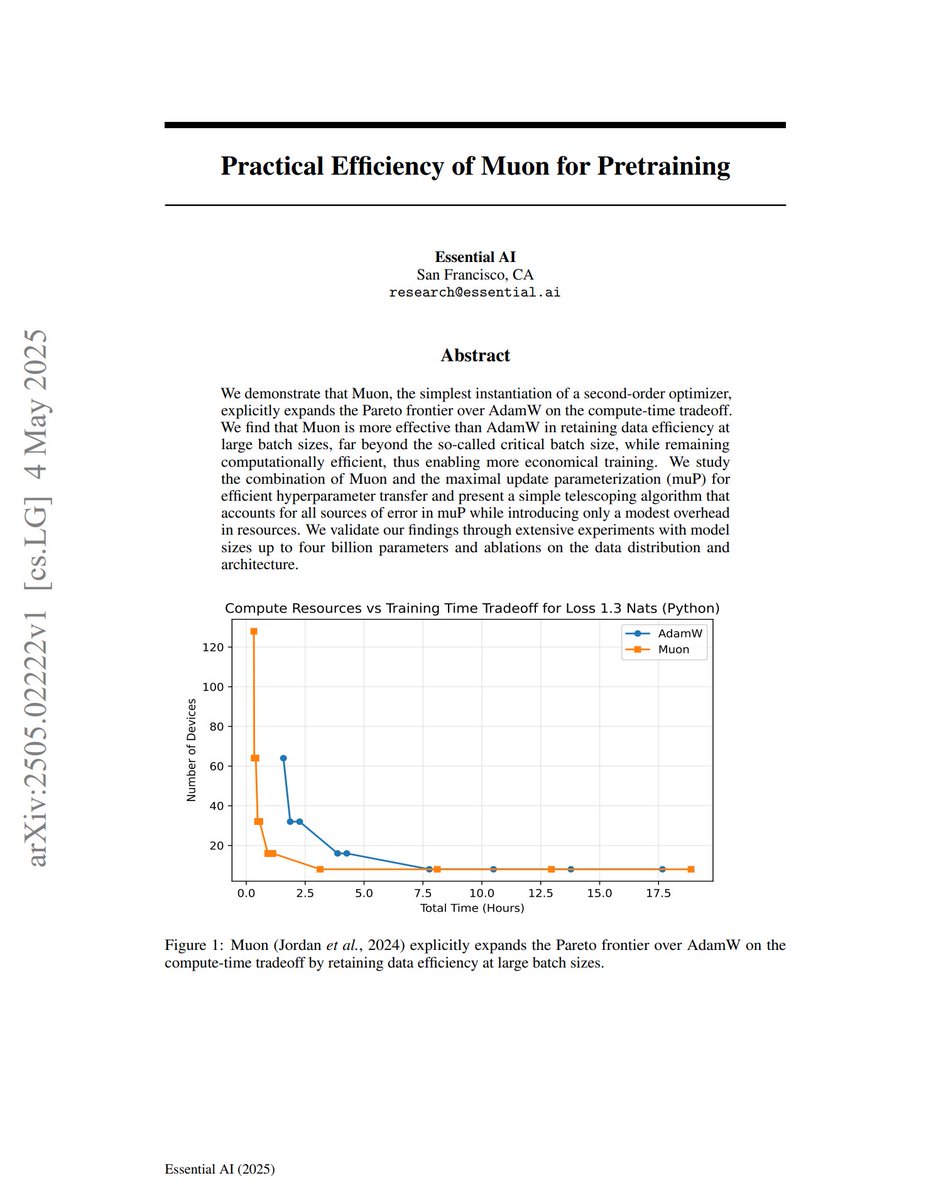
Alper Canberk
@alpercanbe
cs @columbia, sensorimotor intelligence @ - | prev videogen @snap
ID: 1158094343112142848
http://alpercanberk.github.io 04-08-2019 19:16:22
530 Tweet
403 Followers
529 Following






Excited to announce the 1st Workshop on Robot Hardware-Aware Intelligence @ #RSS2025 in LA! We’re bringing together interdisciplinary researchers exploring how to unify hardware design and intelligent algorithms in robotics! Full info: rss-hardware-intelligence.github.io Robotics: Science and Systems




Chris Paxton ngl all robot machine learning is about making the real world look in distribution


